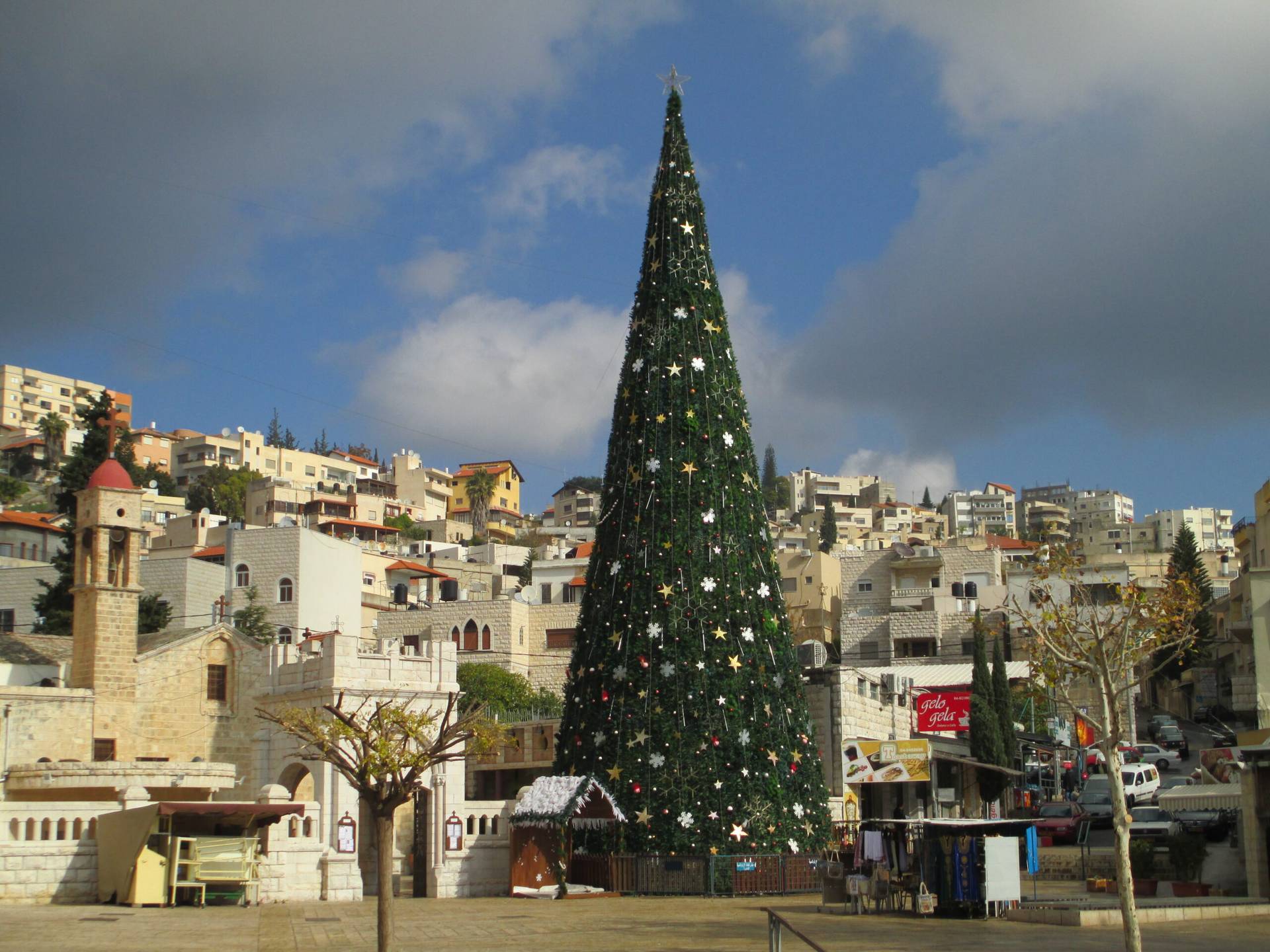ROME — Cardinal Sean P. O’Malley of Boston made a pitch to Pope Francis and his team of cardinal advisors Wednesday on the need to hold bishops who fail to report sexual abuse accountable.
O’Malley’s talk came three days after two survivors of clerical sexual abuse met with him to protest the pope’s naming of a bishop in Chile linked to a notorious abuser.
According to a Vatican spokesman, O’Malley brought the issue to the attention of Pope Francis’ “G9” commission of cardinal advisers, a body whose meetings the pope attends. O’Malley is a member.
On Sunday, O’Malley, who also serves as president of the pope’s anti-abuse commission, met with four members of that commission, called the Pontifical Commission for the Protection of Minors. It was established by Francis in 2013 to work on the prevention of clerical sex abuse. All four members — two of whom were victims of clerical sexual abuse — traveled to Rome specifically to press O’Malley about the Chile case.
The Rev. Federico Lombardi, Vatican spokesman, said O’Malley emphasized to his fellow cardinals the need to establish appropriate procedures and methods to evaluate and judge cases of “abuse of office” by bishops or priests — especially in cases in which they mishandled abuse allegations against a cleric or other Church personnel under their supervision.
O’Malley is in Rome participating in the ninth set of meetings of the group of nine cardinals chosen by Francis to help him reform the Roman Curia, the administrative governing body of the Vatican. He’s the only member from the United States.
Lombardi said O’Malley’s presentation was not a direct result of his meeting with the anti-abuse commission members; he said accountability is “an issue I’ve heard about for many years now; it wasn’t born Sunday afternoon.”
Nonetheless, the mounting controversy over the Chile appointment has brought renewed focus on the issue of bishop accountability.
Several abuse victims in Chile have accused Bishop Juan de la Cruz Barros Madrid of covering up for the Rev. Fernando Karadima, a high-profile Chilean priest who the Vatican convicted of sexual abuse in 2011. When Barros was transferred from the military chaplaincy to the small diocese of Osorno in early January, the move spurred protests across the region. His induction ceremony last month was such a raucous affair, with dozens of protestors throwing objects at the bishop, pushing, and yelling at him, that the Mass had to be cut short.
But Lombardi said bishop accountability has been on the Vatican’s radar long before the Barros protests.
“[Accountability] is a pending issue for the Church,” he said. “The matter of the bishop of Osorno wasn’t necessary” to push commission members Marie Collins, Peter Saunders, Baroness Sheila Hollins, and Catherine Bonnet to ask O’Malley to bring the issue to the attention of Francis.
Meanwhile, Lombardi also addressed the diplomatic row between the Vatican and Turkey sparked when Pope Francis recently referred to the early 20th-century massacre of Armenian Christians by Ottoman Turks as a genocide.
Although the pontiff was quoting a common declaration signed by the late Pope John Paul II and Armenian Patriarch Karekin II in 2001, Turkey took it as a renewed offense.
Turkey rejects the use of the term “genocide” to describe the killings, arguing it was a civil war in which people on both sides died. On Tuesday, Turkish President Tayyip Erdogan said he condemned the Pope and warned him to “not repeat this mistake.”
After Francis made the comments Sunday at a Mass in Saint Peter’s Basilica, Turkey summoned the Turkish ambassador to the Holy See back to Ankara for consultations.
Lombardi said that by quoting the 2001 declaration, Francis was simply putting himself in line with his predecessor. He added that the Vatican had no intention of generating a stand-off, and that it would “take note” of Turkey’s reaction.
















